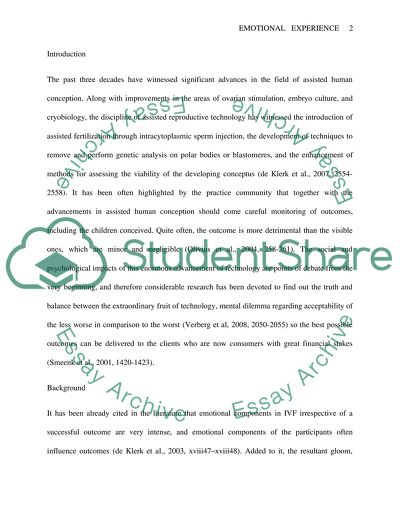Cite this document
(“Emotional experience Article Example | Topics and Well Written Essays - 2500 words”, n.d.)
Retrieved from https://studentshare.org/science/1518422-emotional-experience
Retrieved from https://studentshare.org/science/1518422-emotional-experience
(Emotional Experience Article Example | Topics and Well Written Essays - 2500 Words)
https://studentshare.org/science/1518422-emotional-experience.
https://studentshare.org/science/1518422-emotional-experience.
“Emotional Experience Article Example | Topics and Well Written Essays - 2500 Words”, n.d. https://studentshare.org/science/1518422-emotional-experience.


